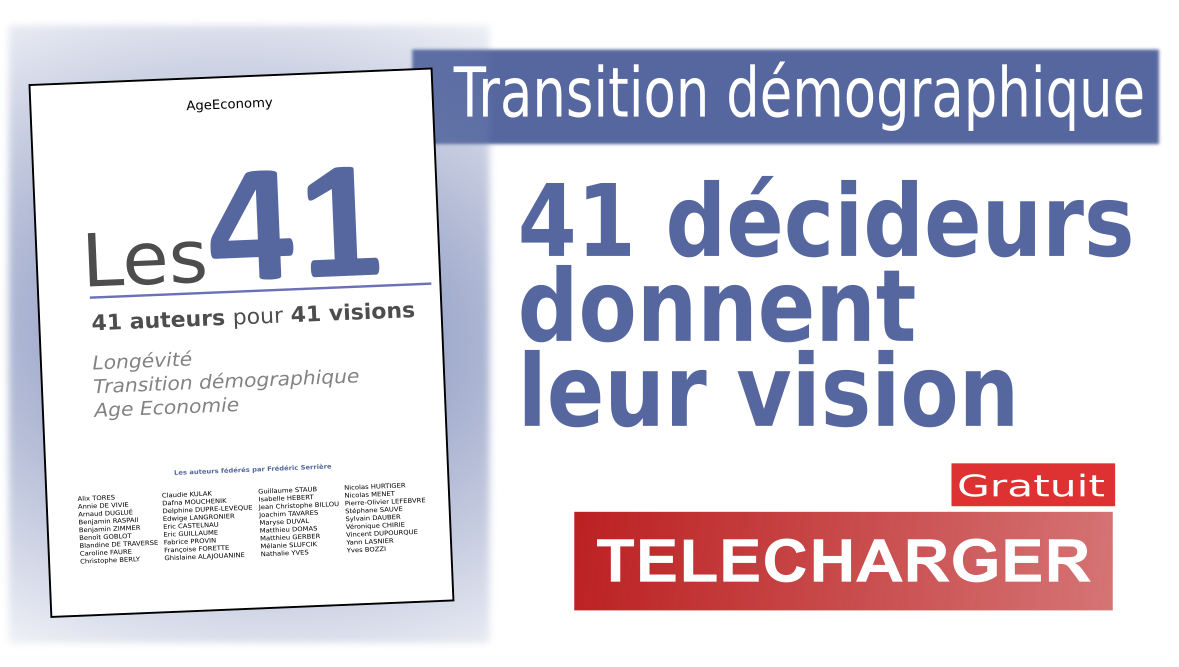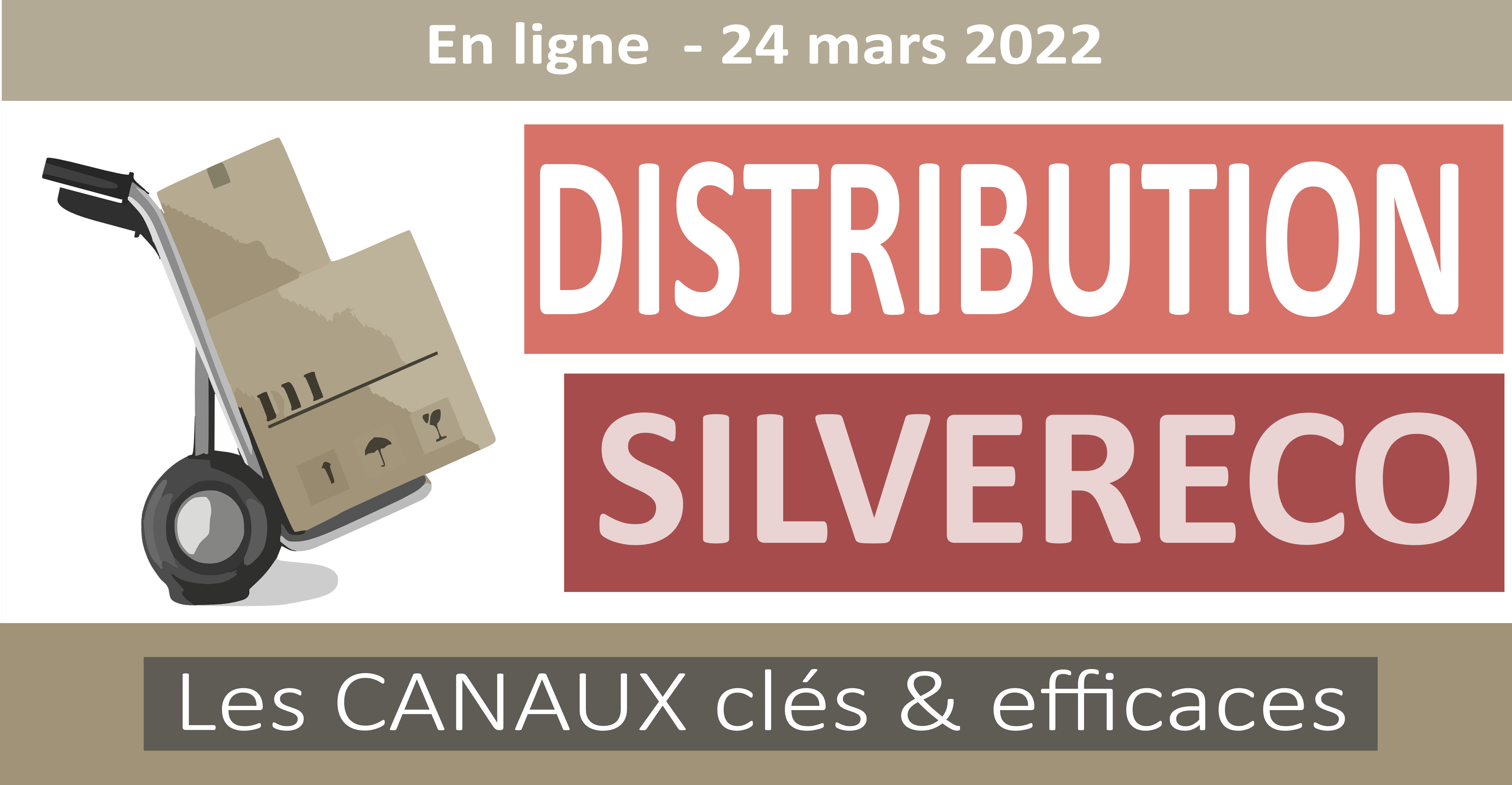Many baby boomers incorrectly
believe they have disability income protection, according to a new survey conducted
by Harris Interactive(R) on behalf of America’s Health Insurance Plans (AHIP).
Most say that disability insurance is important to protect their income, but
nearly half say they do not have any disability income protection.
« Baby boomers recognize
the value disability insurance provides, but many mistakenly believe they are
covered, » said Karen Ignagni, President and CEO of AHIP.
The survey assessed baby
boomers’ perceptions about the need for disability income protection. Most baby
boomers (56 percent) say that disability income insurance is important to protect
their income should the primary wage earner in their household become disabled
and unable to work for an extended period of time. Only nineteen percent said
that disability insurance was not at all important.
However, nearly half of
baby boomers acknowledge they do not have any form of disability income protection.
According to the survey, only 52 percent of baby boomers say they have either
short-term or long-term disability insurance.
Many baby boomers incorrectly
believe they have disability income protection. The survey found that 44 percent
of baby boomers say they have long-term disability insurance provided through
their employer or purchased individually. In reality, only 30 percent of workers
in private industry have long-term disability insurance coverage, according
to the U.S. Department of Labor.
Specifically, twelve percent
of baby boomers said they purchased long-term disability coverage on their own.
Data show that there are just over three million active individual disability
insurance policies, which accounts for only about 2 percent of U.S. workers.
« Many baby boomers
have a false sense of financial security against the risk of disability, »
said Humphrey Taylor, Chairman of the Harris Poll.
Baby boomers were also asked
what their primary source of financial assistance would be if they became disabled
and were unable to work. A quarter (25 percent) said they would rely on their
personal savings. Others said they would rely on Social Security Disability
Insurance (15 percent), private disability insurance (13 percent), or Workers’
Compensation (13 percent). Previous surveys have found that baby boomers overestimate
the coverage available through public disability programs and most are not financially
prepared to weather even a short term disability.
In addition, almost half
of baby boomers (47 percent) said they had a conversation about disability insurance
in the past year. When asked about where they would most likely seek information
about private disability income insurance, almost a quarter (24 percent) said
an insurance agent, seventeen percent said their Human Resources representative,
fifteen percent said the internet, and ten percent said a financial advisor.
This is the fourth in a
series of surveys assessing baby boomers’ awareness of and knowledge about disability
income protection. More information about these surveys is available at www.YourIncomeAtRisk.org.
America’s Health Insurance
Plans – Providing Health Benefits to More Than 200 Million Americans
Harris Interactive conducted
an online survey on behalf of AHIP between April 25-29 among a nationwide sample
of 3,607 adults aged 18 and older, including 1,182 Baby Boomers aged 44 – 62.
Data were weighted to be representative of the total U.S. adult population that
is online on the basis of region, age within gender, education, household income
and race/ethnicity, and for propensity to go online. No estimates of theoretical
sampling error can be calculated; a full methodology is available.
;




